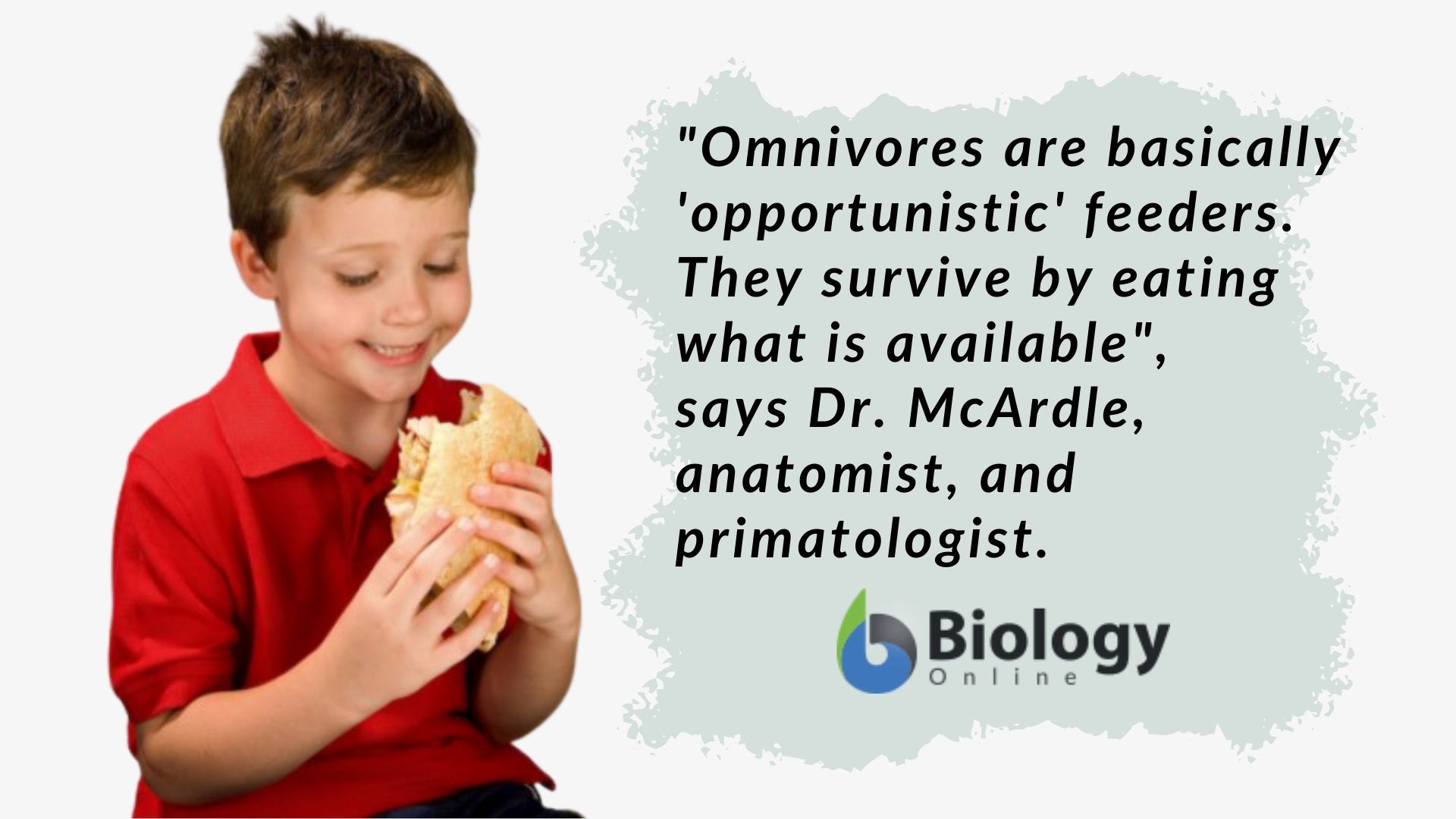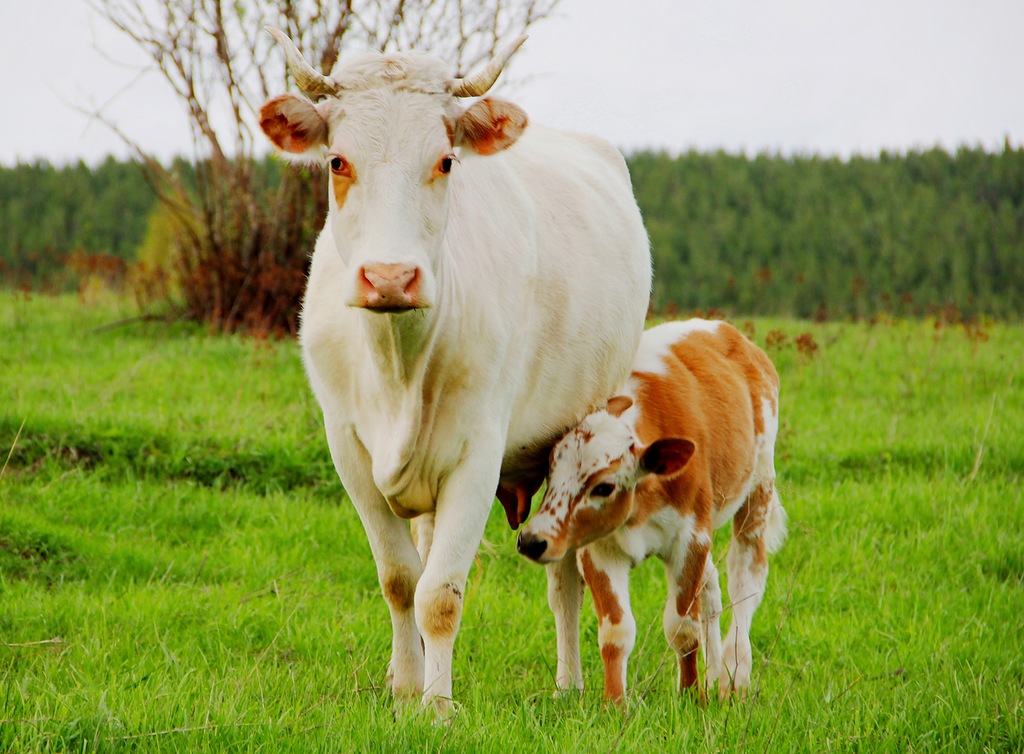- Moderator
- #401
Why are predators vile?Meat eaters kill those animals that have served people for thousands of years with faith and truth, who were friends both in peace and in war, who shed their blood (horses) for us, and they do not kill vile predatory creatures that at least would have received for their deeds if they would be killed.



 it.
it.